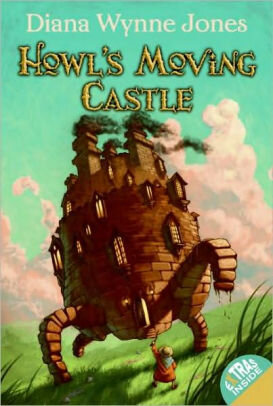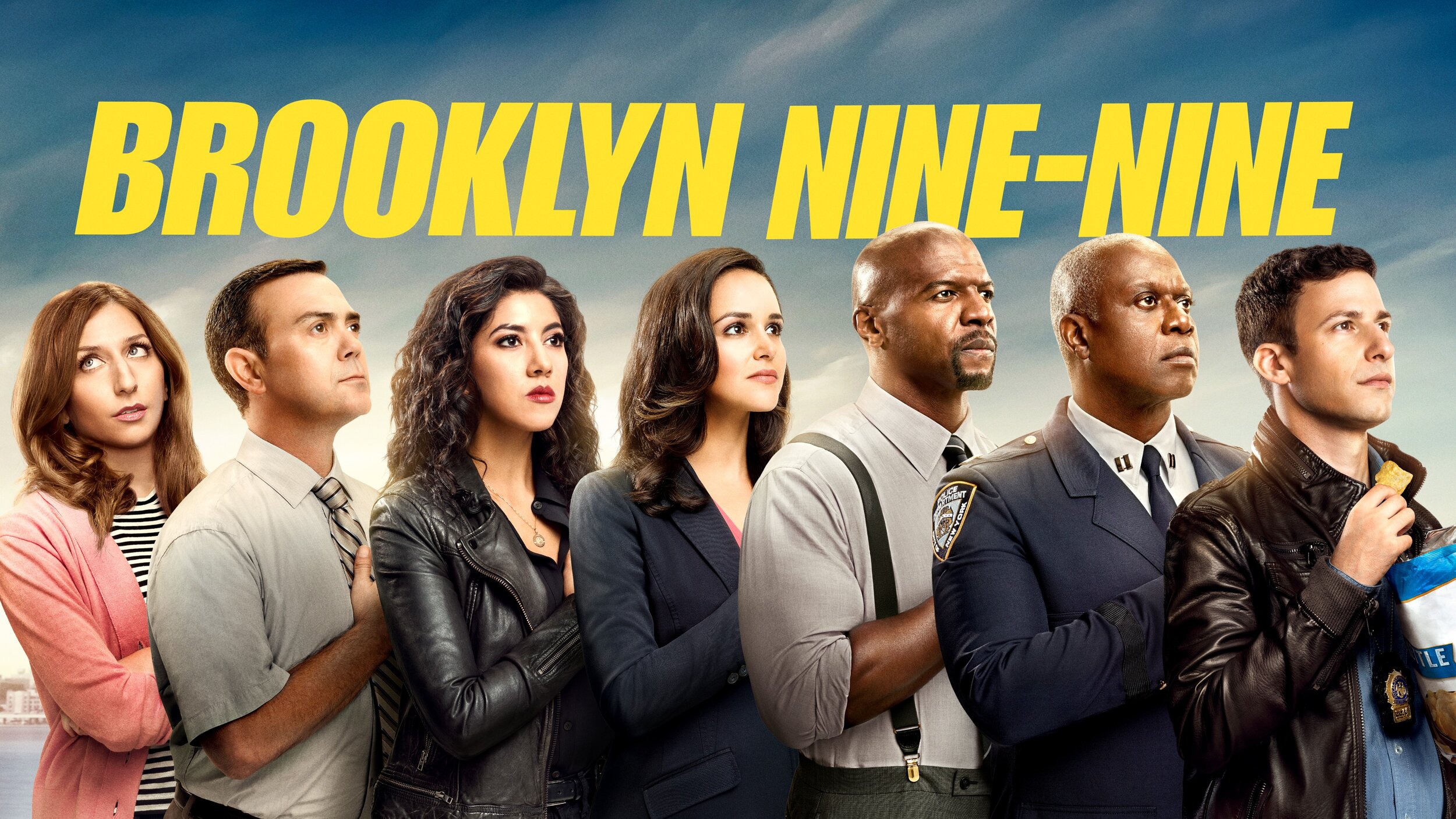Best Read of 2023: "Braiding Sweetgrass" by Robin Wall Kimmerer
Date(s) of reading
There’s a reason I’ve chosen Braiding Sweetgrass by Robin Wall Kimmerer for my “Best Read of 2023. I have, in fact, read it all the way through twice, and have dipped in and out of different chapters throughout the year.
My first reading was in February and March of 2023, as I listened through the audiobook (read by Kimmerer herself) slowly. My second reading was in May and June, after a friend gifted me a physical copy of this wonderful book.
Honey and Jane present this year’s Best Read: Braiding Sweetgrass by Robin Wall Kimmerer.
Why this book?
I found my way to this book after watching BBC4’s "The Magical World of Moss” with my granny back in February. It was an intriguing programme, and I went upstairs that evening very much wanting to learn more. So I did what I always do: started looking for books.
My search lead me to Robin Wall Kimmerer’s book Gathering Moss. Unfortunately for my tight budget, I was unable to find somewhere I could read it for free. No libraries I’m part of had it, and it wasn’t included in my audiobook membership. But guess what was? A book by the same author: Braiding Sweetgrass.
So, I got it. And I listened to it.
I listened to it as I worked on crocheting a blanket. I listened to it while flying internationally. I listened to it as I chopped vegetables for battuto. I listened to it, frequently skipping backwards to listen again to something I’d missed, or something that had especially captured my attention. I listened, and listened, and listened.
And, of course, told everyone about it.
What is this book about?
This book’s subtitle reads “Indigenous Wisdom, Scientific Knowledge, and the Teachings of Plants”. This is an apt, if somewhat dry, summary of the book’s thesis. Kimmerer is a Potawatomi ecologist. The Potawatomi are one of North America’s First Nations, and her family’s history along with her journey of reconnecting with her heritage shape Kimmerer’s book just as much as her training as a scientist and knowledge as an ecologist.
With a deft lyrical hand, Kimmerer weaves together the strands of scientific methodology and research, the historic (and ongoing) knowledge and wisdom of Indigenous peoples, and her own lived experiences. The result is a reflective and insightful body of work that challenges the reader’s ways of thinking about the world whilst teaching them a good deal about the ecological world in which we live.
My thoughts on this book
I loved this book. Obviously. It’s why I picked it out of the 100+ books I’ve read this year to share here. I loved it, and I’ve been telling everyone they should read it as well.
Kimmerer writes from a worldview and perspective that is quite different from my own. This is, in every single way, a good thing. It forced me to stop, re-read, consider, and rethink. All vitally important, especially as a British person living on colonised land myself. The Potawatomi are from North America, and I am in Australia, but the lessons and as relevant to me as they would be to a white American. Indigenous ways of thinking are radically different from non-Indigenous ways of thinking, and these differences contribute knowledge and understanding currently lacking in non-Indigenous thought and knowledge.
Kimmerer’s training as a scientist, and her experience as a researcher and writer, has perfectly positioned her to bridge the gap between Western scientific ways of knowing and Indigenous ways of knowing. She provides the reader with a clear map with which to orient themselves in the knew ways of thinking and knowing, and then to navigate them.
Kimmerer’s writing is clear, but may require re-reading in order to understand and fully absorb the things she is saying. For this reason, whilst I want everyone to read this book, I warn you that if you are wanting a light, easy read, this is probably not the book you want to reach for. If, however, you want to learn something, be challenged, and see the world in a new light, then this is exactly the book for you.
How this book has affected me
“We are showered every day with gifts, but they are not meant for us to keep. Their life is in their movement, the inhale and exhale of our shared breath. Our work and our joy is to pass along the gift and to trust that what we put into the universe will always come back.”
In my opinion, the best books are the ones that shift something inside of you, making reality just that bit more real and relationships that bit more precious. The Anne books do this for me without fail, and this is the effect that Braiding Sweetgrass has had on me.
This book has adjusted the way I perceive the world around me. I look at my garden and am more conscious of the intricate totality of the ecosystems and lives that fill it. I pay closer attention to the rain as it falls, to the way leaves bud and flowers mature into fruit. I stop and turn my head in the direction of birdsong more often, and sit breathing more intentionally. I watch the skies more closely and study the food I prepare more intently. I’ve even cooked food from this book, and Three Sisters Soup is now a family favourite.
I have read more. I’ve read books that dive into the science of trees, or soil, or mushrooms, or or or. And with every new book, my world becomes bigger, more complex, more extraordinary, and yet more integrated, more friendly, more intimate.
Braiding Sweetgrass has also clarified, challenged, enhanced and given new direction to my understanding of community. Kimmerer speaks extensively on gift economy and reciprocity. I would not have expected this to result in a paradigm shift. We Christians speak regularly about generosity and gratitude. However, there is a mutuality to reciprocity that is frequently missing from the Christian rhetoric.’
The number of times I have heard “you come to church to serve, not to be served” is probably concerning. In theory, if everyone is serving then everyone is being served. In practice, however, if the purpose of going to church is to serve, then what happens when you can’t serve? And when the advice that is given when you are feeling discouraged is to “serve more”, how does one avoid internalising the belief that there is a limit to how much help one can ask for?
Approaching my relationships with others with the mindset of reciprocity has alleviated some of those concerns. “A gift is also a responsibility” says Kimmerer, and I am now better able to say “my gift is this, and my responsibility is to use it well, and that includes setting boundaries and limits. Other have gifts and it is their responsibility to use them well, and that includes responding to my needs when they are able.” I find I am more able to accept a gift of time, or service, or finances without guilt, and more able to identify and value my own reciprocal gifts: service, time, or finances as I am able to.
And it all started here, with Braiding Sweetgrass by Robin Wall Kimmerer.
Follow-up Reading Recommendations
Honey and Jane seen here modelling the follow up reading recommendations (sans The Power of Trees by Peter Wohlleben. That was already returned to the library).
The Power of Trees by Peter Wohlleben
Just about anything by German forester turned ecologist Wohlleben would be an excellent companion to this book. Like Kimmerer, Wohlleben combines scientific research and lived experience to tell the stories of nature in language the average reader can understand. The Power of Trees, however, is his most recent release, and is filled with fascinating information and insights. I thoroughly enjoyed reading it.
I would like to take this opportunity to shout out Jane Billinghurst. I can’t read German, the original language of Wohlleben’s books, but Billinghurst has translated most of the ones I have read. Her translations ensure the accessibility and passion of Wohlleben’s work is not lost (in translation), but instead is just as available to the English language reader.
Entangled Life by Merlin Sheldrake
Of the non-fiction books listed here, mycologist Merlin Sheldrake’s Entangled Life is perhaps the most scientifically detached. This is not to say it is cold and clinic. Sheldrake’s writing is engaging and clear, his passion for the mycelium he studies fills every page. Still, his approach was clearly “how can I make this exciting science accessible to the layperson?” rather than “I’m going to tell stories about nature and science is part of that”. Part of the difference in approach is probably down to Sheldrake’s youth. Sheldrake is still in his 30s, whereas both Kimmerer and Wohlleben have 2+ on him. There is absolutely nothing wrong with that, and I enjoyed every single moment of his book. That’s why I’m recommending it. Fungus is mindboggling and, quite frankly, so cool! I hope Sheldrake writes more in the future. I’m willing to bet he has more to tell us about the wonderful world of fungi.
Future Girl by Asphyxia
Unlike the other books in this post, Future Girl is a novel. It is a novel in the emerging genre of “solarpunk fiction” - my generation’s answer to the “cyberpunk fiction” embodied in works such as Blade Runner. Like cyberpunk, solarpunk examines trends in society and draws an image of a possible future. Unlike cyberpunk, solarpunk presents a hopeful action plan for pushing back against our increasingly dystopian lives, encouraging us to focus on community and intentionally cultivate relationship with nature. Future Girl does this wonderfully, as Asphyxia, herself a Deaf Australian, follows Piper - a Deaf Australian teenager in a Melbourne of soaring costs of living, corporate greed, and environmental disaster - as she finds herself and her place in community through her decision to start growing her own food garden.



















































